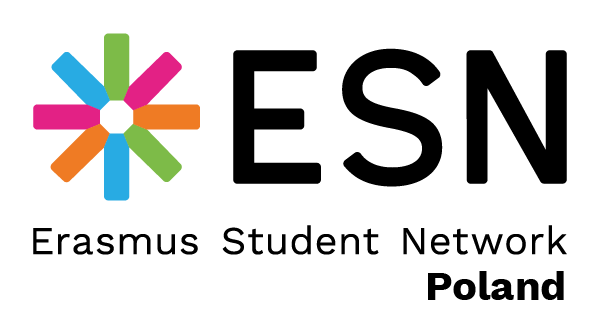Erasmus+ programme for the 2021-2027 period has been divided into three actions which allow achieving European Commission's goals focused on specific fields, such as mobility of individuals (Key Action 1), cooperation among organizations and institutions (Key Action 2), support to policy development and cooperation (Key Action 3) and Jean Monnet Actions - focused on popularizing knowledge about European integration. Erasmus+ Programme was created to encourage new participants to take part in international mobility through launching and developing new European initiatives. The aim of this article is to shed some light on them.
New types of mobility are one of the initiatives. So far, under the Erasmus+ Programme students could go abroad for internships or part-time studies lasting from 2 to 12 months. Currently, short-term and blended exchanges are also possible.
Short-term exchanges are to last from 5 to 30 days. In the case of the PhD students, the aim of the exchange may be to conduct research at a foreign university. Regular students may choose this type of mobility if their field of study or financial situation does not allow them to travel abroad for a longer period. After all, the aim of the short-term mobilities is to make Erasmus+ more accessible to everyone. Blended mobility is a response to the dynamic changes in the situation at universities (e.g. greater use of online tools in studying), especially in the times of the Covid-19 pandemic. Each period of exchange or internship can be implemented as blended mobility. Blended mobility consists of a combination of physical mobility with elements of online learning or remote work (in case of PhD students). It aims to include all of the students who have not been able to go on a long-term exchange, e.g. due to work or a specific field of study (law, medicine). Participation in online classes and short-term exchanges also intends to encourage participation in long-term exchanges.

Another initiative being developed as part of the Erasmus + programme is European Universities, i.e. international partnerships of higher education institutions. Each university alliance must include institutions from at least three member states of the European Union. On the ideal level, European Universities are the universities of the future. They are designed to support academic exchange, promote European values, and European identity, and focus joint efforts on research and teaching. These ideas turn into specific solutions, such as an integrated long-term learning strategy for all members of the alliance or facilitated student mobility within affiliated institutions.
It is worth mentioning that the Erasmus+ programme is not only the mobility or academic cooperation. The European Commission sees the need of promoting mobility and shaping the European identity among European teenagers. For this purpose, the DiscoverEU initiative is being developed. It is aimed at 18-year-old European citizens, to enable them to go on a trip around Europe. As a general rule, the journey must be done by rail. In order to receive the free public transportation tickets, the young can express a desire to participate in the project every year in the autumn via the European Youth Portal. Besides stating their personal data, participants have to answer 5 multiple choice questions and 1 additional question. The European Commission will announce the winners at the beginning of the forthcoming year.
All of those who are interested in the new European initiatives of the Erasmus+ programme are very welcome to follow ESN Poland's social media. Posts focused on the Erasmus+ programme will be published there.
Education & Youth Team of ESN Poland
